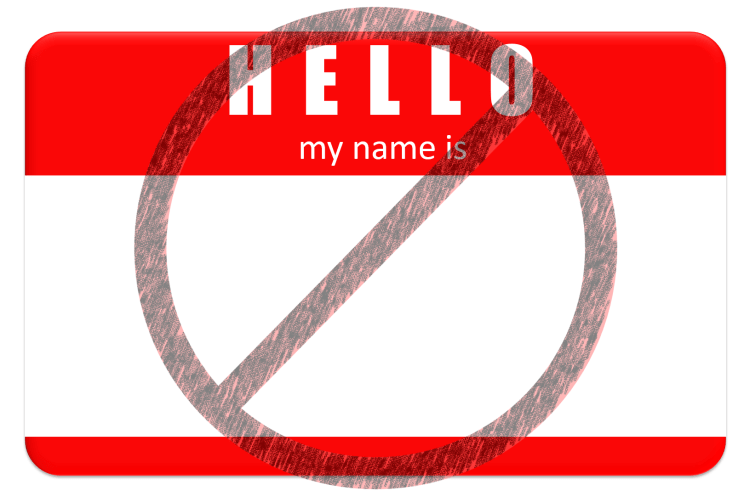Want smarter insights in your inbox? Sign up for our weekly newsletters to get only what matters to enterprise AI, data, and security leaders. Subscribe Now
“You have zero privacy anyway. Get over it.” Those are the words of Scott McNealy, founder and CEO of Sun Microsystems, in 1999. Brutally correct then and even more so now. In 2016, individuals in most digitally-connected societies understand this.
We find ourselves in a position where our trust in many institutions has been completely eroded — if we ever had any anyway. Big companies suck up our personal data and share it among themselves. Governments collect and store even more deeply personal data of different types from the data big companies collect. On top of this, large dumps of data are illegally released to the world daily, whether by accident or stolen by criminals. Large organizations are notoriously poor at safeguarding information, and since this information has value, criminal enterprises are very efficient at stealing it.
Ordinary citizens cannot be expected to have the skills to protect their privacy in an online world — even IT professionals are often challenged — especially given the high commercial value of our personal data.
What we’ll see instead is the emergence of “strong anonymity” — a form of anonymity that conceals our personal details while letting us continue to operate online as a clearly defined individual.
Strong Anonymity means that:
- You can be very sure that the anonymous person you communicated with last week is the same anonymous person you are communicating with and potentially transacting with today. There are technological means of making this at least as likely to be true as any traditional means of authentication, perhaps even more so.
- You can be very sure that any transaction you make cannot be disputed. If this anonymous person makes a deal with you today, then they cannot say the deal never happened because the proof is available to everyone – without revealing who you are.
- You can be very sure that your pattern of transactions will not reveal who you are. If I buy milk every day from the same shop, then perhaps over time an observer could deduce that it was me making these purchases, even without compromising my secure electronic identity.
While the concept of anonymity comes with negative associations (What are people hiding? Shouldn’t honest citizens be proud to stand tall?), technology has turned traditional thinking on its head. What once used to be exclusively a matter for free speech activists — safeguarding the right to anonymous communication — now looks vital for the future of reliable everyday commerce and transactions of all kinds, because it comes down to trust.
And a new generation of technology creators is making this kind of anonymity possible. The bittorrent and peer-to-peer technologies that have so upset traditional stakeholders in the media and music industries for over a decade already have also given us pointers as to what is coming in the very near future. Strong anonymous trust will be based on the mathematics and algorithms that power smart contracts, digital currencies, and much more.
The kinds of solutions that will win out in the future will link strong anonymity to strong authentication. They will implement scalable and decentralized blockchains, which means they will be able to handle increased data volumes and communication requirements. They will enable new and strong networks of trust and recommendation and have gateways to older, centralized apps. Finally, they will improve consumer profile data and our understanding of consumer intent. These are the kinds of solutions that will attract the smart investors and win the hearts and minds of consumers.
Tom Henriksson is a General Partner at OpenOcean.VC, a pan-European venture capital firm focusing on business software at the Series A stage.


